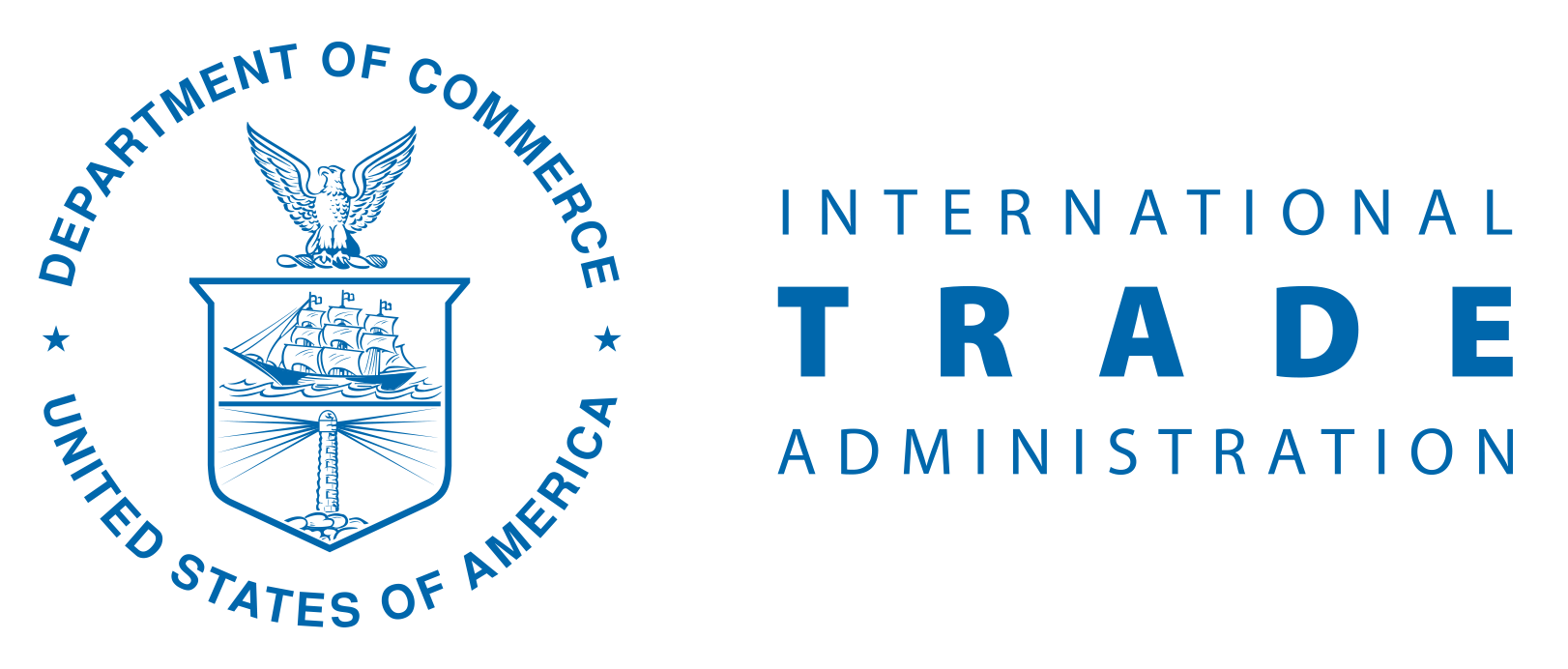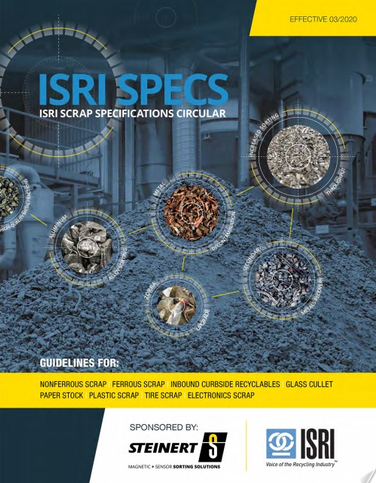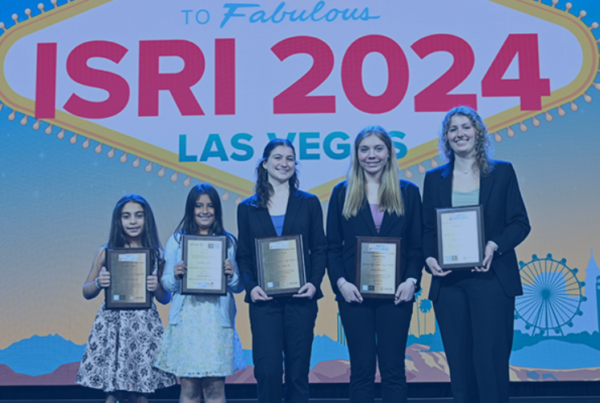In October, the Commerce Department awarded ISRI a $46,000 grant to advance ISRI’s Specifications and the association’s work promoting U.S. exports of recycled materials. The grant will support the association’s comprehensive review of its specs to reflect the current recycled commodity markets and improve accessibility by governments and industry.
ISRI will use the funding from the International Trade Administration’s Market Development Cooperator Program to create a new interactive, online specs resource, and support educational outreach, internationally and domestically, to inform stakeholders about industry standards and best practices. ISRI Specifications serve as broad guidelines and provide a common language for buyers and sellers domestically and globally.
“ISRI Specifications provide the framework for trade of recycled commodities,” says Joe Pickard, ISRI’s chief economist and director of commodities. He adds these specifications not only help facilitate trade, they help ensure the full economic and environmental benefits of recycling are captured. “If the recycled commodities don’t get to end consumers, the full environmental benefit of recycling isn’t going to happen,” Pickard states.
Under the new leadership of Andy Cohen of Metal Conversions, ISRI’s Specifications Working Group is helping guide commodity divisions through the review to harmonize the terminology used across commodities and to update the Specifications Circular. “I’m excited to be involved with this important project,” Cohen says. “We hope the updates will increase international trading and make the specs more user-friendly.”
ISRI aims to turn the Specifications Circular from a static PDF flipbook into a living, dynamic online tool. “We want to turn it into a searchable, interactive, dynamic, and user-friendly online resource,” Pickard explains the goal is to give the circular a modern look and feel and have the following features:
- Searchable between sections, by word, phrase, and commodity;
- Related content pertaining to each commodity including photos, harmonized tariff schedule codes, and other international symbols;
- Incorporating current technology for a resource that is effective and user-friendly, including a modern look and feel;
- Links to additional resources including related commodities, best practices and guidelines, inspections resources, and ISRI’s search by commodity directory that lists facilities that handle each recycled commodity by location;
- Features that allow the ability to print the Specifications by individual specification, commodity group, and customized query;
- Provides ease of use for the various audiences and users, including domestic, international, and both the public and private sectors; and
- A user interface that allows users to send comments, questions, and suggestions.
Updating the specifications should also better ease international trade of recyclable commodities to growth markets in Asia. In countries that require government oversight, customs officials manage clearing goods upon arrival. Improving the specifications’ public interface will help governments that want to use the specs to help trade according to industry-recognized standards.
“We want customs agents at different ports to recognize and accept shipments that meet ISRI specifications,” says Bret Biggers, ISRI’s senior economist. “There can be an issue with misinformation and a lack of recognition. We hope to provide customs agents with the tools they need to identify the various types of recyclable materials.”
Ideally these efforts will increase more opportunities for economic growth, job creation, and environmental sustainability through increased trade of recyclables supplying valuable feedstock to manufacturing.
Photo courtesy of the International Trade Administration U.S. Department of Commerce.
Additional Resources













